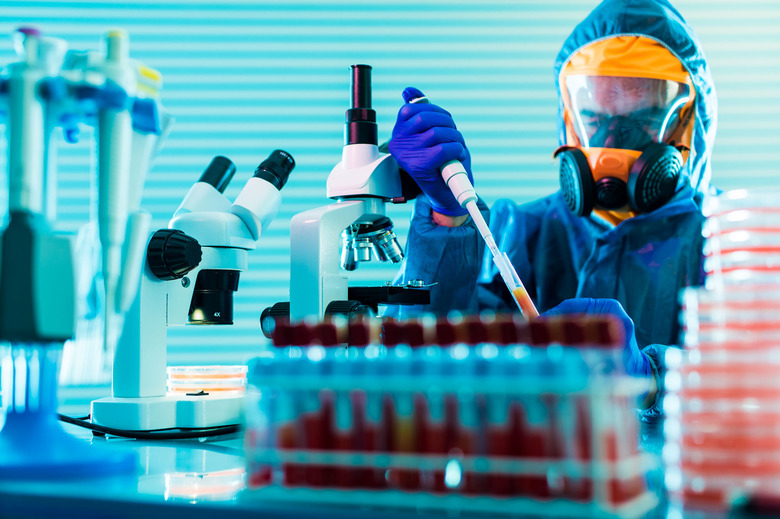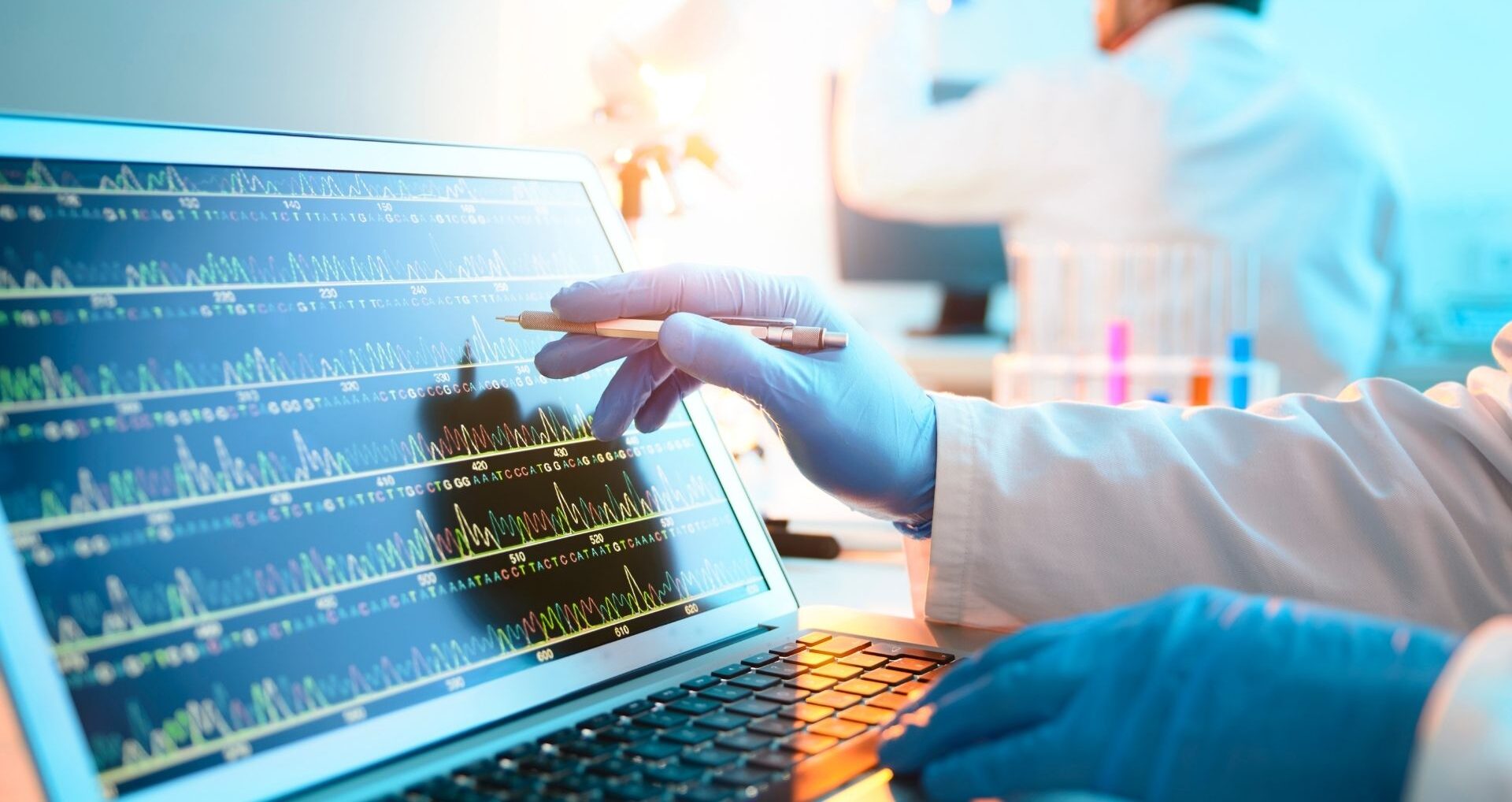Vaccine scientists
have questioned Moderna’s results.
The
College of Physicians of Philadelphia asserts:
“Vaccine development is a long, complex process, often lasting 10-15 years and involving a combination of public and private involvement.”
Dr. Paul Offit, who helped invent the rotavirus vaccine, told CNN that timeline [12 to18 months] was
“ridiculously optimistic.”
Peter Hotez, the dean of Baylor University’s National School of Tropical Medicine,
told National Geographic the 18-month timeline “would be absolutely unprecedented.”
Of the Moderna setbacks, William Schaffner, professor of preventive medicine and infectious diseases at Vanderbilt University Medical Center,
said that side effects may be “noteworthy, but it doesn’t stop the train.”
One federal grant from Operation Warp Speed has already contracted for 100 million prefilled syringes by year’s end. A US
Department of Health and Human Services (HHS) press release reads:
“DoD and HHS announced a $138 million contract with ApiJect for more than 100 million prefilled syringes for distribution across the United States by year-end 2020, as well as the development of manufacturing capacity for the ultimate production goal of over 500 million prefilled syringes in 2021.”
A
May 21st US Department of Health and Human Services press release announced:
“Responding to President Trump’s call to develop 300 million doses of SARS-CoV-2 vaccine by January under Operation Warp Speed, the U.S. Department of Health and Human Services (HHS) and AstraZeneca are collaborating to make available at least 300 million doses of a coronavirus vaccine called AZD1222, with the first doses delivered as early as October 2020.”
Moderna has expressed hope that a vaccine could be ready by the end of this year, or even sooner. Another company, Pfizer, has projected that its vaccine will be ready for use by the end of October.
The biotech industry newsletter
Biopharma Dive writes:
“There has never been a vaccine for any coronavirus. And many vaccine developers have based their designs on previous research into other coronaviruses, like SARS or MERS, which share genetic similarities with SARS-CoV-2, but differences as well. Much still remains unknown about the novel coronavirus, and how our bodies respond to infection.”
Writing for
Nature Magazine, Shibo Jiang, professor of virology at the School of Basic Medical Sciences, Fudan University, China, and at the New York Blood Center, New York, says:
“I have worked to develop vaccines and treatments for coronaviruses since 2003, when the severe acute respiratory syndrome (SARS) outbreak happened. In my view, standard protocols are essential for safeguarding health. Before allowing use of a COVID-19 vaccine in humans, regulators should evaluate safety with a range of virus strains and in more than one animal model…Work with the SARS virus shows that worrying immune responses were seen in ferrets and monkeys, but not in mice.”
The
UK Independent reports:
“COVID-19, like other coronaviruses, is expected to mutate at least every season, raising serious questions about claims that any vaccine will work. A successful vaccine has never been developed for any of the many strains of coronaviruses, due to the nature of the virus itself; and vaccinated people can have a higher chance of serious illness and death when later exposed to another strain of the virus, a phenomenon known as ‘virus interference.’ An earlier SARS vaccine never made it to market because the laboratory animals it was tested on contracted more serious symptoms on re-infection, and most of them died.”
Deaths may not happen immediately, but in a following season upon exposure to a wild virus.
As explained by
Robert F. Kennedy Jr., founder of Children’s Health Defense:
“Scientists first attempted to
develop coronavirus vaccines after China’s 2002 SARS-CoV outbreak. Teams of US & foreign scientists vaccinated animals with the four most promising vaccines. At first, the experiment seemed successful as all the animals developed a robust antibody response to coronavirus. However, when the scientists exposed the vaccinated animals to the wild virus, the results were horrifying. Vaccinated animals suffered
hyper-immune responses including inflammation throughout their bodies, especially in their lungs. Researchers had seen this same “enhanced immune response” during human testing of the
failed RSV vaccine tests in the 1960s.
Two children died.”
Little noted in almost all debate about COVID vaccines is the abject animal cruelty involved in experiments.









